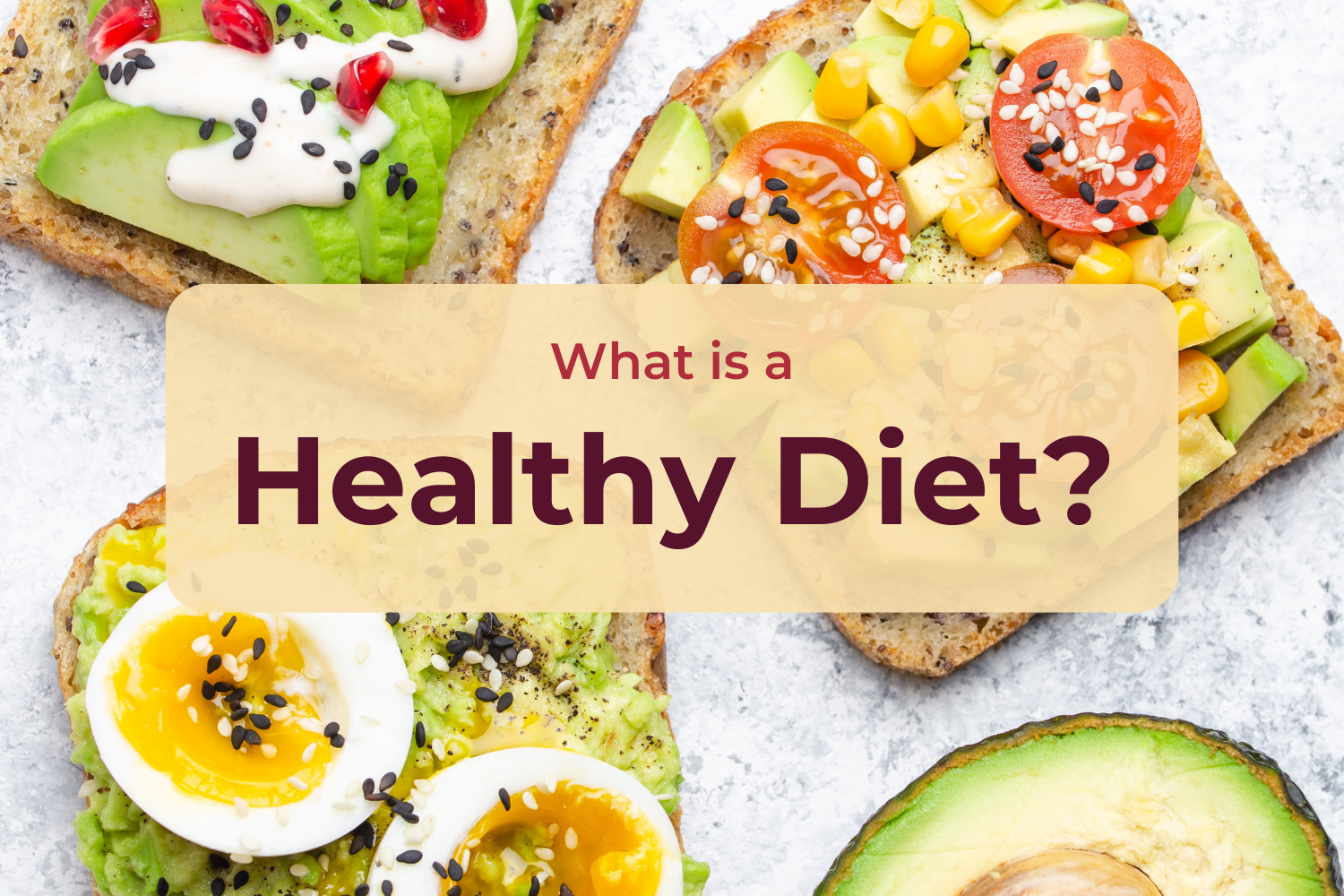According to science, a diet rich in fruits and vegetables is the best way to stay healthy and prevent many major diseases.
It’s hard to change your diet, even though it’s healthy.
Start with incremental changes rather than a complete redesign. It’s easier to start with one area than all of them.
Here are some basic diet tips to promote health. Take your time to finish. These changes should be implemented gradually.
Tips For Healthy Diets
-
Eat A Wide Range of Foods
Because of the complexity of the human body, no single diet (except breast milk for infants) can provide us with all we need to thrive. Because of this, we need to ensure we’re getting plenty of fresh, wholesome meals in our diets.
Foods from animal sources (such as meat, fish, eggs, and milk) should make up a significant portion of your daily diet, along with grains (such as wheat, maise, rice, and potatoes), legumes (such as lentils and beans), and a wide variety of fresh fruits and vegetables.
Wholegrain foods should be prioritized to feel full longer and benefit from the fibre content.
Snack on raw veggies, unsalted almonds, and fresh fruit instead than sugary, fatty, or salty options.
-
Eat less salt
Consuming excessive salt raises blood pressure, a major contributor to cardiovascular disease and stroke. World Health Organisation guidelines indicate no more than 5 grammes of salt per day (about a teaspoon), yet on average, we eat double that amount.
Salt is added to many processed foods and beverages, often in excessive amounts, so it’s important to be mindful of this even if we don’t add any to our meals.
Reduce the salt you use in cooking and eating and the amount of salty sauces and condiments (such as soy sauce, stock, or fish sauce).
Stick to fresh, healthy snacks rather than packaged options, and avoid salty snacks.
Select canned or dried produce (vegetables, nuts, and fruit) that hasn’t added any extra salt or sugar.
Get rid of the salt shaker and other salty condiments, and don’t add them simply because you always have. Your palate can adapt rapidly, and you may find that your meals are more satisfying without as much salt. Foods with lower salt content may be chosen by checking the labels.
-
Use Less of These Fats and Oils
While some fat is necessary for optimal health, consuming too much, especially the wrong types, might raise the probability of developing obesity, cardiovascular disease, and stroke. The biggest harmful effects come from trans fats made in factories. Intake of this type of fat has been linked to a nearly 30% greater chance of developing cardiovascular disease.
To improve your health, swap out unhealthy fats like butter, lard and ghee for oils like soybean, canola (rapeseed), corn, safflower and sunflower.
Select leaner cuts of meat like fish and chicken over red meat, remove any visible fat before cooking, and cut back on processed meats.
Prepare food by steaming it or boiling it as an alternative to frying. It’s important to read labels and stay away from processed, quick, and fried foods because they all include trans fat that is generated in factories. It’s a common ingredient in processed meals like margarine and ghee and in fast food, packaged snacks, and fried and baked goods.
-
Cut Back On Sugar
The negative effects of sugar on dental health are compounded by the fact that it promotes unhealthily rapid weight gain and obesity, which are linked to other, more significant health issues.
You should be aware that processed foods and beverages might include “hidden” sugars in similar quantities to salt. One can of soda, for instance, may have as much as ten teaspoons of sugar in it.
Sweets and sugary drinks, including sodas, fruit juices, juice drinks, liquid and powder concentrates, flavoured water, energy and sports drinks, ready-to-drink tea and coffee, and flavoured milk drinks, should be used in moderation.
Avoid processed foods in favour of fresh, healthful options. Don’t feed kids foods that are high in sugar. Children under 2 should not have extra salt or sugar in their supplemental foods.
-
Never Put Your Health in Danger by Drinking Alcohol
In many cultures, New Year’s celebrations involve excessive alcohol drinking, although this is not part of a healthy diet. Over time, excessive alcohol use can lead to liver damage, cancer, heart disease, and mental illness, increasing the chance of immediate injury.
The World Health Organisation (WHO) warns that drinking alcohol, even in moderation, is never without negative health consequences. In general, less alcohol is preferable from a health perspective, and abstaining entirely is acceptable.
Best Healthy Diet in the World
-
Okinawan Diet – Japan
The staples of the Okinawan diet are fish, seafood, tofu, and other healthful foods. It also contains a negligible amount of processed foods. The low intake of saturated fats due to the Okinawan diet’s emphasis on soy and fresh fish, the inclusion of antioxidant-rich foods like seaweed and sweet potatoes, and the consumption of foods with a low glycemic index all contribute to the diet’s overall healthfulness.
-
Mediterranean Diet
Another eating plan hailed as exceptionally healthy is the Mediterranean diet. It is distinguished by its limited consumption of red meats and dairy and its focus on full, unprocessed foods. The Mediterranean diet has been shown to reduce the risk of several types of cancer, including breast, colorectal, and prostate cancers, due to its high antioxidant content and minimal consumption of meat and animal fats.
-
Nordic Diet
If you’re looking for a diet that’s good for you and the earth, look no further than the Nordic diet. Foods native to the Nordic countries of Norway, Denmark, Sweden, Finland, and Iceland are prioritized in the Nordic diet. The Nordic diet is naturally nutrient-dense and sustainable because of its emphasis on fish and seasonal vegetables.
-
Greek Cuisine
Greece has one of the healthiest diets in the world because of its emphasis on complete, high-protein foods and a wide array of fruits and vegetables.
-
West African Cuisine
West African cuisine is a strong contender for the world’s most nutritious diet, thanks to its varied and flavorful dishes produced with fresh whole foods and traditional cooking methods.
Conclusion
It can be dangerous to make a sudden, drastic change to one’s diet. Try substituting some of the healthier options mentioned above instead. Tips on portion control, dietary supplementation, and adjusting to novel foods are all included. Together, they will have a significant impact on making your diet healthier and more sustainable as a whole without requiring you to alter your current routine drastically.



